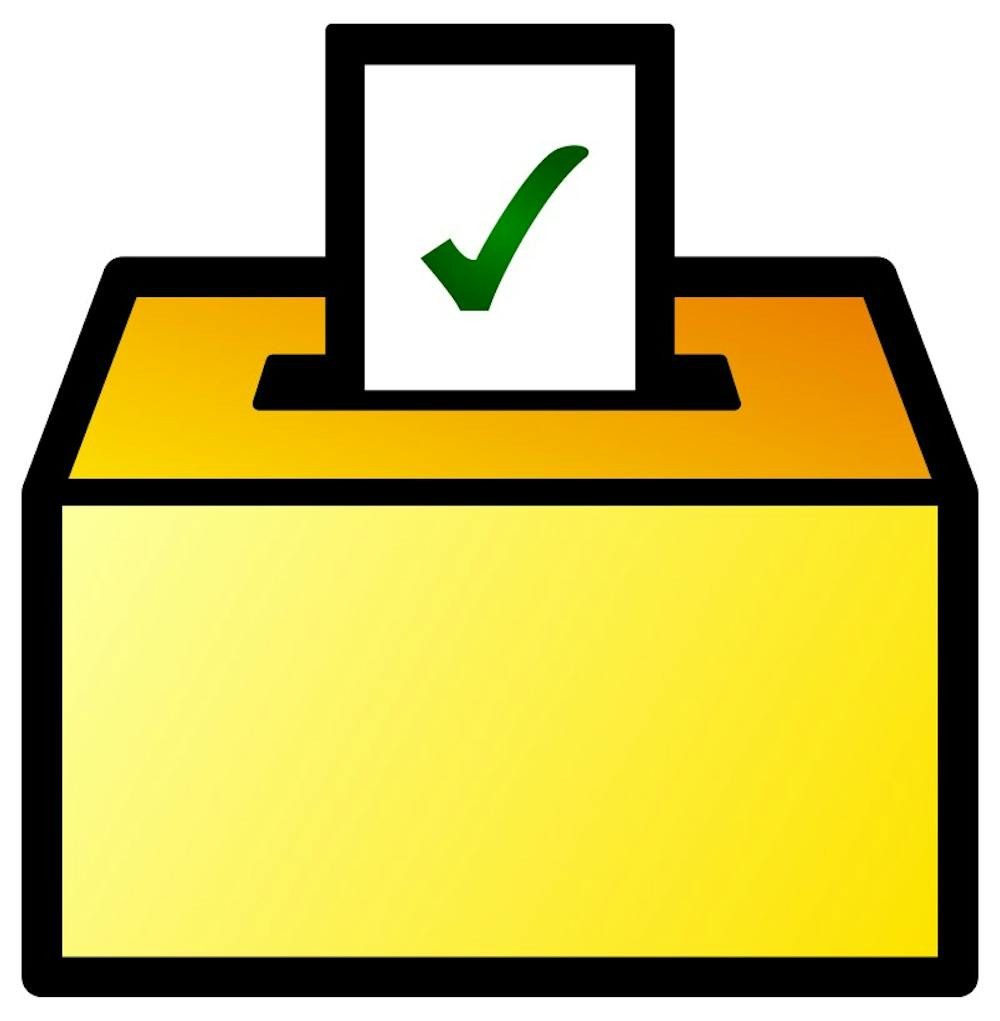It is no secret a significant portion of the American public lacks fundamental knowledge about how the federal government works. A study conducted by the Annenberg Public Policy Center of the University of Pennsylvania found that only 26 percent of Americans could correctly name all three branches of government while only 54 percent of those surveyed correctly knew that only Congress has the power to declare war. At the same time, voter turnout in the U.S. lags behind that of other developed nations; the Pew Research Center reported that the U.S. ranks 31st out of 35 countries in the Organization for Economic Cooperation and Development. In an ever-increasingly partisan and acrimonious political environment, promoting civics education in the U.S. would perform multiple vital services to the American public in educating citizens about the functions of government while promoting civil engagement.
While it may be argued that greater crises face America — such as ever-growing national debt, deteriorating infrastructure or increasing economic disparity between the rich and poor in the U.S. — the issue of civic disengagement is not one to be ignored. Another report produced by the Campaign for the Civic Mission of Schools revealed that “given the close link between civic learning and preparation for twenty-first century workplaces… four in ten employers have been unable to find high-school graduates possessing the “soft skills” necessary for entry-level positions.”
Indeed, a lack of civic engagement, by extension, reduces community involvement. The CCMS’ report noted that “between 1973 and 1994, the number of people who have served as an officer of a club or organization, worked for a political party, served on a committee, or attended a public meeting on town or school affairs declined by over 35 percent.” Low civic participation encourages low voter turnout. Larry Bartels, a professor at Vanderbilt University, has warned that “political influence seems to be limited entirely to affluent and middle-class people… millions of ordinary citizens in the bottom third of the income distribution have no discernible impact on the behavior of their elected representatives.”
The benefits of promoting civics education are threefold: increased community participation, higher voting turnout and greater civic action in both national and local politics. The CCMS’ report found that “students who receive effective civic learning are four times more likely to volunteer and work on community issues.” The same report also found that Americans “who know more about government are more likely to vote, discuss politics, contact the government, and take part in other civic activities.” In addition, Americans who complete one year’s worth of classes in American government or civics are three to six percent more likely to vote in comparison to those who lack such teaching, and those who discuss politics at home are 7-11 percent more likely to vote compared to the average citizen. There is reason to be optimistic that both political parties can promote civic education; for example, Pennsylvania House Bill 1858 — which requires students to pass a civics test identical to that used by the U.S. Citizenship and Immigration Services in order to graduate — holds sponsors from both the Democratic and Republican parties.
Former U.S. President Ronald Reagan, in his radio address to the country on Sept. 10, 1988, stated that “since the founding of this Nation, education and democracy have gone hand in hand… Jefferson and the Founders believed that a nation that governs itself, like ours, must rely upon an informed and engaged electorate.” In an age of rampant political divisiveness, the promotion of civics education — which can boost civic participation, knowledge of government functions and prevent misinformation — in our public and private institutions is more vital than ever.
William Wong is an Opinion columnist for the Cavalier Daily. He may be reached at opinion@cavalierdaily.com.







